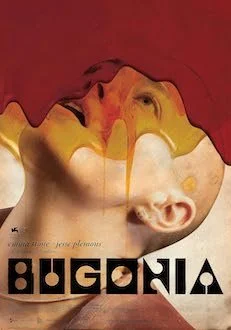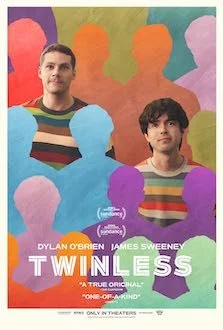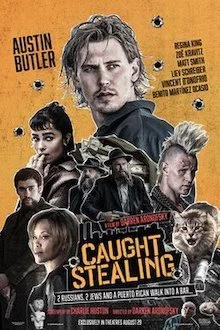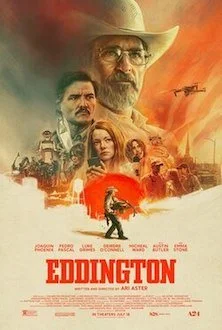Direction: Yorgos Lanthimos
Country: USA
Bugonia, a delirious sci-fi thriller by Greek filmmaker Yorgos Lanthimos (Dogtooth, 2009; The Favourite, 2018; Poor Things, 2023), is propelled by violence, dark humor, paranoia, and outlandish situations. The film, a remake of Jang Joon-hwan’s South Korean hit Save the Green Planet! (2003), stars Lanthimos’s muse Emma Stone, who maneuvers through different dramatic registers with unflinching force; Jesse Plemons, delivering a convincing bravura performance; and first-timer Aidan Delbis, a welcome surprise. Will Tracy (The Menu, 2022) wrote the script, and Ari Aster (Hereditary, 2018) co-produced alongside Stone, Lanthimos, and others.
Cousins Teddy (Plemons), an enraged, manic conspiracy theorist, and the submissive Don (Delbis), who behaves like an innocent child, kidnap Michelle Fuller (Stone), a powerful pharmaceutical CEO they believe to be an Andromedan on a special mission to Earth. Their goal is to force a meeting with her alien emperor, negotiating the withdrawal of her species in order to save the planet. The choice is not arbitrary: Teddy and Michelle share a charged history.
The film confronts a postmodern society in decline, voicing anxieties about human extinction and Earth’s urgent need for care and healing. While its message is clear, the narrative is provocatively mounted, with Lanthimos once again subverting norms—this time through a mix of cynicism, absurdism, eccentric sci-fi, and a wacky, dystopian doomsday theory. The ferocity of his direction is striking, and the story grows more intriguing and disconcerting as it progresses, carrying a kind of grip sorely missing from many recent entries in the genre.
Bugonia is a wild, offbeat eco-tale built with boundless imagination, sprinting toward a punishing finale that dismantles a macabre farce and plunges into perpetual tragedy. Though it sometimes feels calculated, it is also finely crafted, hallucinatory, and immensely entertaining. A galvanizing cinematic experience with a radical edge—one that, whether you love it or hate it, won’t be easy to forget.


















